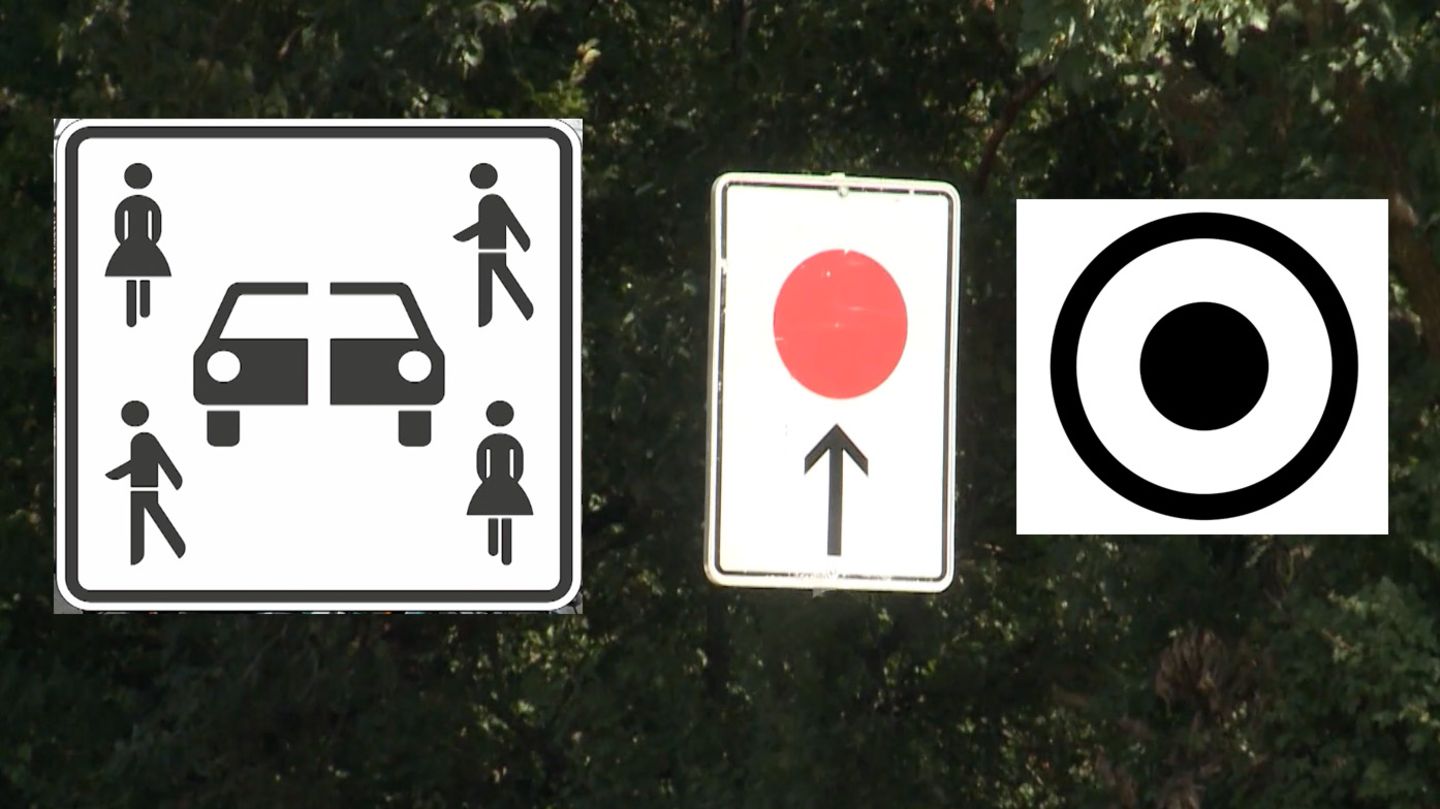Image: EMMANUEL DUNAND (AFP)
At the end of February, the first vote failed due to resistance from some EU states – including Germany and Austria. After further negotiations, there was now a qualified majority in Brussels, also because Italy now agreed to the project. The Belgian Council Presidency announced this on the online platform X (formerly: Twitter).
- Read here: Dispute over supply chain law – 5 questions and answers
The EU supply chain law is intended to hold large companies accountable if they profit from child or forced labor outside the EU. Larger companies must also create a plan to ensure that their business model and strategy are compatible with meeting the Paris climate goals to limit global warming.
This vote is disabled
Please activate the category Targeting cookies in your cookie settings to display this item. My cookie settings
The design of the law is controversial; Gabriel Felbermayr (head of the economic research institute) advocated that government bodies create lists of suppliers in order to take the pressure off companies.
Adjustments for affected companies
Council circles said that nine states abstained. According to the German Press Agency (dpa), Germany abstained and was therefore outvoted. After the Belgian Council Presidency has repeatedly introduced new defusing measures in order to reach an agreement and thus deviated from the compromise reached with the European Parliament, the EU Parliament will now also have to have a say again.
According to the new version, the regulations should apply to companies with 1,000 employees and an annual turnover of more than 450 million euros; previously the thresholds were 500 employees and a turnover of 150 million euros. A transition period of five years is planned.
There are also divided opinions on the law in Austria: VP Economics Minister Kocher rejects it because of the additional bureaucracy for companies, while Justice Minister Zadic (Greens) advocates for its approval.
- More on the subject: Resistance to the supply chain law also from Upper Austria
Criticism from the industry: “bureaucracy monster”
The industrial association criticized the agreement in a press release. The new regulation will become a “bureaucratic monster”: The bureaucratic requirements and duties of care would lead to considerable costs and burdens, especially for small and medium-sized businesses. “This decision will once again massively weaken Europe as an industrial location and put our companies at a disadvantage in international competition,” said Georg Knill, President of the Industrial Association.
Meanwhile, the environmental organization Global 2000 welcomes the decision: “The Supply Chain Act lays the foundation for a more climate-friendly world and the transition to a sustainable economy. It finally offers a legal framework to hold companies accountable that profit from environmental destruction, human rights violations and child labor.” says Anna Leitner from Global 2000.
more from economics




